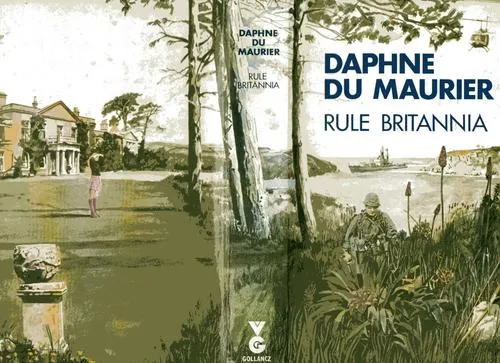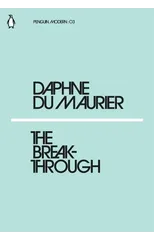Emma, who lives in Cornwall with her grandmother, a famous retired actress, wakes one morning to find that the world has apparently gone mad: no post, no telephone, no radio, a warship in the bay and American soldiers advancing across the field towards the house. The time is a few years in the future. England has withdrawn from the Common Market and, on the brink of bankruptcy, has decided that salvation lies in a union - political, military and economic - with the United States. Theoretically it is to be an equal partnership; but to some people it soon begins to look like a takeover bid. Daphne du Maurier is concerned not only with what would happen to this country under what is virtually occupation, but also with the effect on human relationships. In Emma, looking at it all with clear young eyes, Daphne du Maurier has drawn one of her most enchanting heroines; and this engrossing book shows once again what a versatile and perceptive writer she is.
Daphne Du Maurier
Daphne du Maurier was a British author known for her compelling and atmospheric novels and short stories. Her most notable works include "Rebecca," "My Cousin Rachel," and "Jamaica Inn," which often feature elements of suspense, mystery, and the supernatural. Du Maurier's writing style is characterized by its rich descriptions, complex characters, and ability to create a sense of tension and unease.
Du Maurier's impact on the literary genre of gothic fiction and psychological thrillers is significant, as she was able to blend elements of romance, suspense, and psychological depth in her works. "Rebecca," her most famous novel, is a classic of 20th-century literature and has been adapted into numerous films and stage productions. Overall, Du Maurier's contributions to literature continue to be celebrated for their enduring popularity and influence on modern storytelling.



